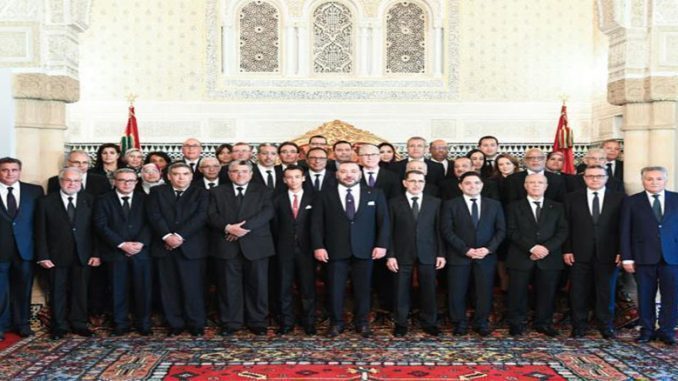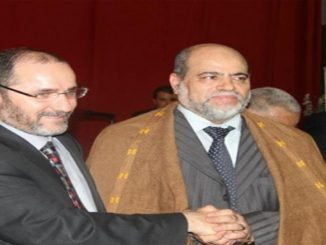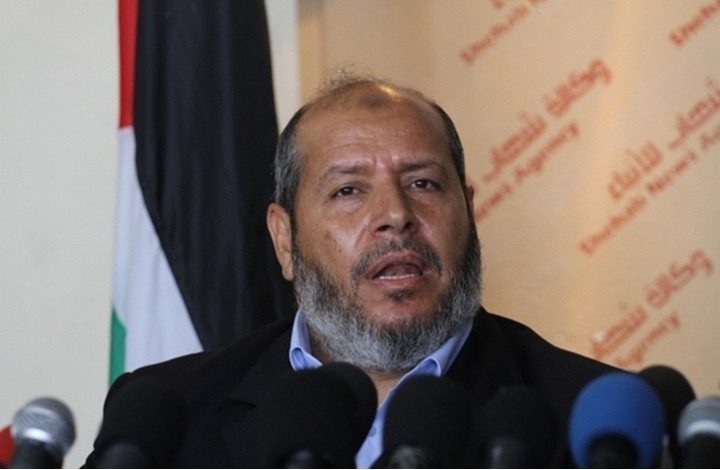
Moroccan King Mohammad VI has appointed a new coalition government, ending six months of deadlock that had stalled the economy.
Morocco’s King Mohammad VI on Wednesday named a new government headed by a member of the ruling Islamist party, following a six-month political deadlock in the North African country, Moroccan state media reported.
Prime Minister Saad-Eddine al-Othmani, second-in-command of the Justice and Development Party [PJD] that triumphed in October elections, will lead a cabinet comprised of Islamists, liberals and leftists.
The king named al-Othmani premier last month.
The PJD came to power after the king relinquished some of his near-absolute control following Arab Spring-inspired protests in 2011, with member Abdelilah Benkirane heading a previous coalition government for five years.
But the party failed after last October’s polls to form a majority despite five months of intense negotiations – the longest time Morocco has been without a government in its recent history.
It has been given the transport, energy, labour and family affairs ministries.
The National Rally of Independents [RNI], which came fourth in October polls, received the portfolios of economy, industry and agriculture.
Key defence, security and religious affairs posts were given to people with no party affiliation but who are close to the king.
The PJD was the first Islamist party to win an election in Morocco and the first to lead a government, raising concerns among many in a country traditionally among the more secular of Arab nations.
The government will be formally invested by Parliament on April 14.
Parliament has become a collateral victim of the deadlock as it has been unable to meet normally since the October election or to pass the 2017 budget.
Parliament is also expected to study Morocco’s efforts to rejoin the African Union as well as laws about violence against women and other legislation that has been blocked for months.
Its 2011 win came after the king, whose family claims descent from the Prophet Mohammed and has ruled Morocco since the early 1600s, gave up some of his power when thousands took to the streets in peaceful demonstrations inspired by the wave of uprisings across the Arab world.



